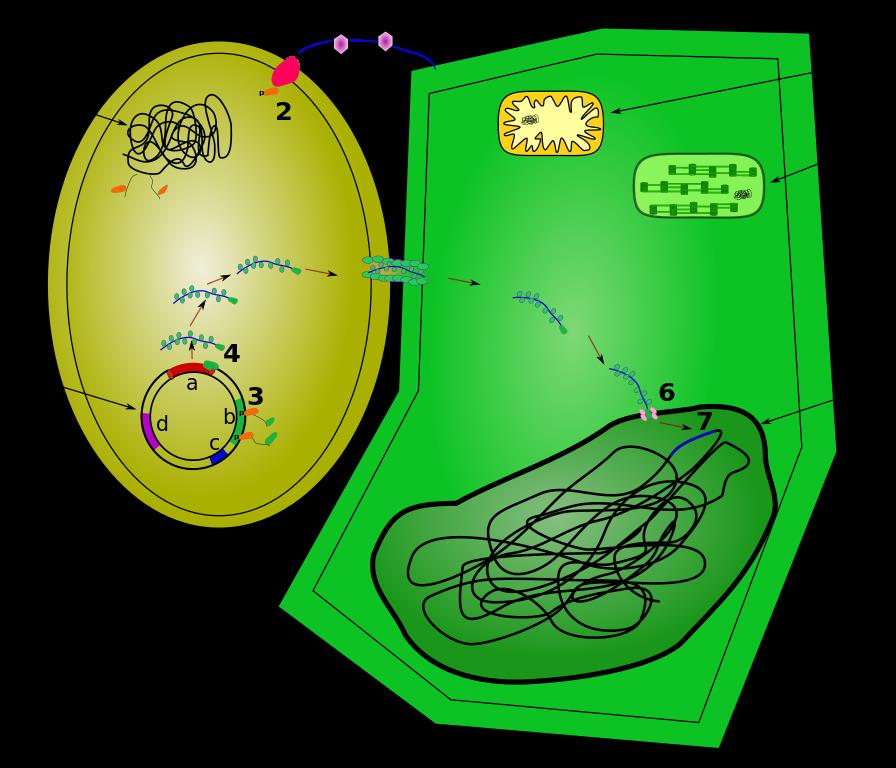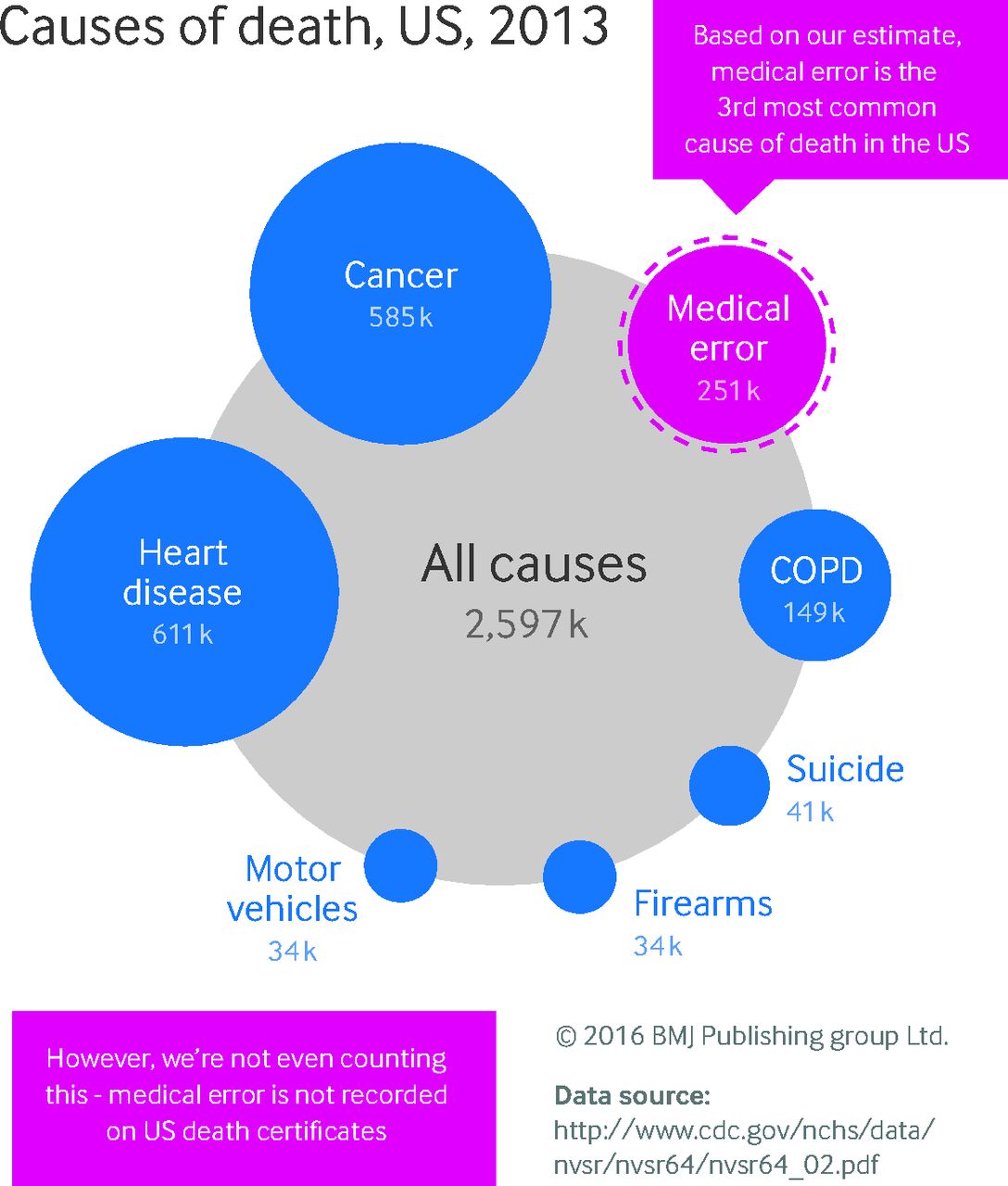Month: May 2016

Where science meets supplements
The use of supplements is, for most people, not supported by science. There is little consumer protection, even less evidence of benefit, and even some evidence of harm.

National Academy of Sciences Report on GMOs
Despite the fact that numerous scientific and health organizations around the world have examined the evidence regarding the safety of genetically modified organisms (GMOs) and found them to be completely safe, there remains a public controversy on this topic. In fact a Pew Poll found that while 88% of AAAS scientists believe that GMOs are safe for human consumption, only 37% of...
Hormone Replacement Therapy for Menopausal Symptoms: Setting the Record Straight
Whether you call them hot flashes or “power surges,” the symptoms of menopause can be very distressing. They were routinely treated with hormone replacement therapy (HRT) until the Women’s Health Initiative study in 2002 persuaded many patients and doctors to abandon that treatment. The results of that study were misunderstood by some and questioned by others, and there continues to be confusion...

Nobody licenses quacks in my state! HB 4531 and the licensing of naturopaths in Michigan
Over the years, I’ve taken care of women with locally advanced breast cancer so advanced that it’s eroded through the skin, forming huge, nasty ulcers filled with stinky dead cancer tissue that’s outgrown its blood supply, leaving the patient in chronic pain. If the patient is fortunate, her cancer has not metastasized beyond her axillary lymph nodes (the lymph nodes under her...

“Integrative” medicine versus “alternative” medicine
I’ve written a lot about the language issue with respect to alternative medicine. As I like to put it (at least in shortened form), first there was quackery. Quacks did not like that name at all, and thus was born alternative medicine. And the quacks did think it good—for a while. There was a problem, however. “Alternative” medicine implied (correctly, of course)...
Vaginal Seeding. Ew. That’s nuts. Hmmm, interesting.
Sometimes a headline will cause me to run through a series of reactions in rapid sequence. For example “Mothers facing C-sections look to vaginal ‘seeding’ to boost their babies’ health”: Early studies show that swabbing a mother’s vagina and transferring it to her baby’s mouth, eyes and skin may stimulate microbiome development similarly to babies born naturally – and protect it from...
Legislative Alchemy: Michigan House Bill 4531 gives naturopaths a broad scope of practice
Michigan House Bill 4531, if passed, would give naturopaths one of the broadest scopes of practice in the U.S., essentially equaling that of a family practice MD or DO. The bill made it through all the necessary House committees and is now before the House for an initial vote determining whether it will proceed further in that body. If it passes there,...
The “Incoherent Mess” That Is Homeopathy: Old and New Insights
Back in 1943 a Dutch physician, David Karel de Jongh, wrote a PhD dissertation on homeopathy. It was based on his experience working in a homeopathic hospital and on all the published information he could find, and was highly critical of homeopathy. It was an impressive opus, with over 200,000 words. It is way too long for the average reader to wade...

Are medical errors really the third most common cause of death in the U.S.?
A regurgitation of existing data suggested that medical error is the third leading cause of death in America. Is it true? Spoiler alert! No. No it's not. While medical error can and should be reduced, this BMJ article does not justify claims that doctors are a leading cause of death in the United States.


A Harris Poll on “Alternative Medicine”
Mark Twain popularized the phrase, “There are three kinds of lies: lies, damned lies, and polls and surveys.” (He may have said “statistics” at the end, but I think this version works as well.) A new Harris Poll on “alternative medicine” nicely demonstrates some of the problems with polls. The biggest problem is how you frame the questions. You can dramatically affect...